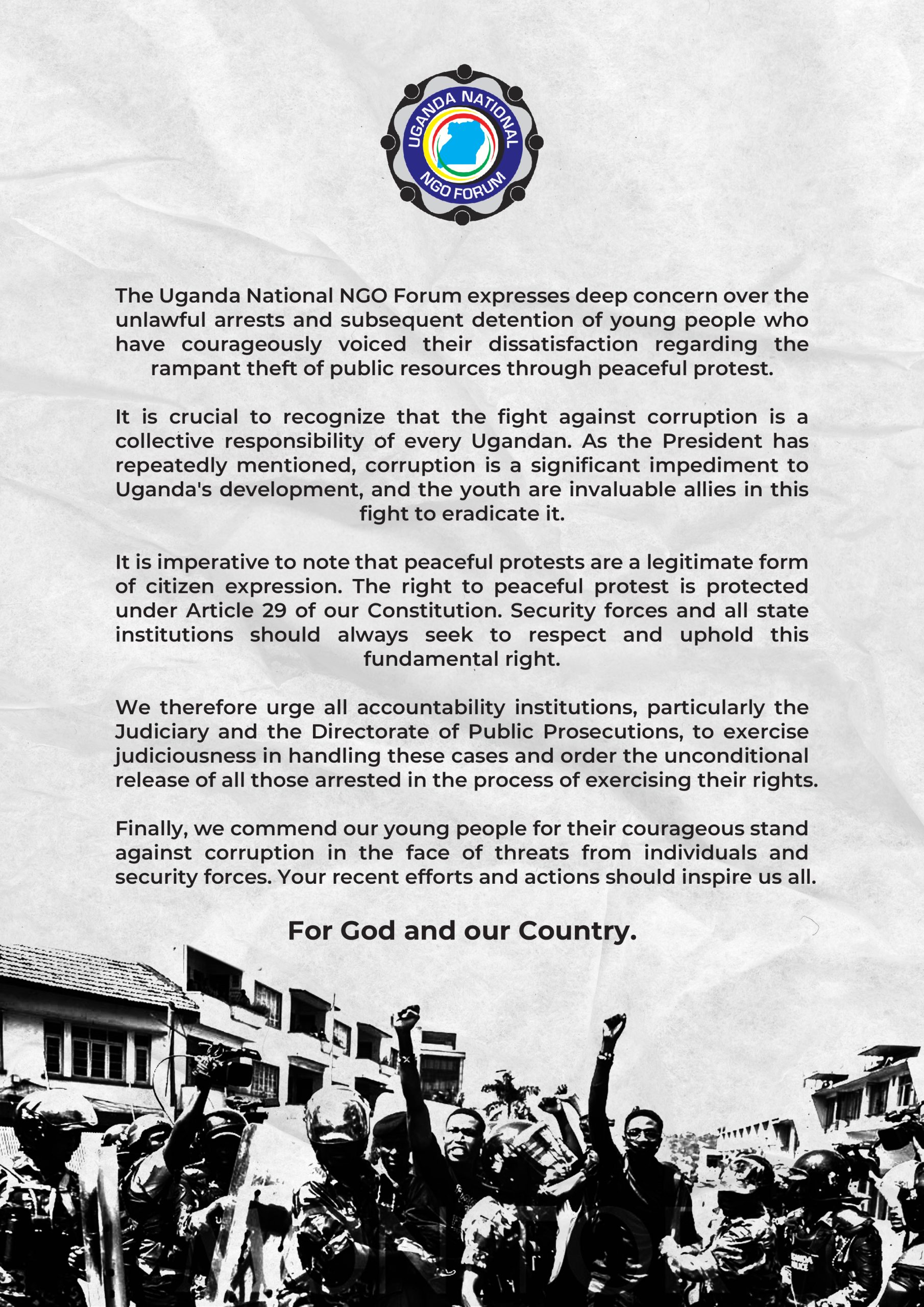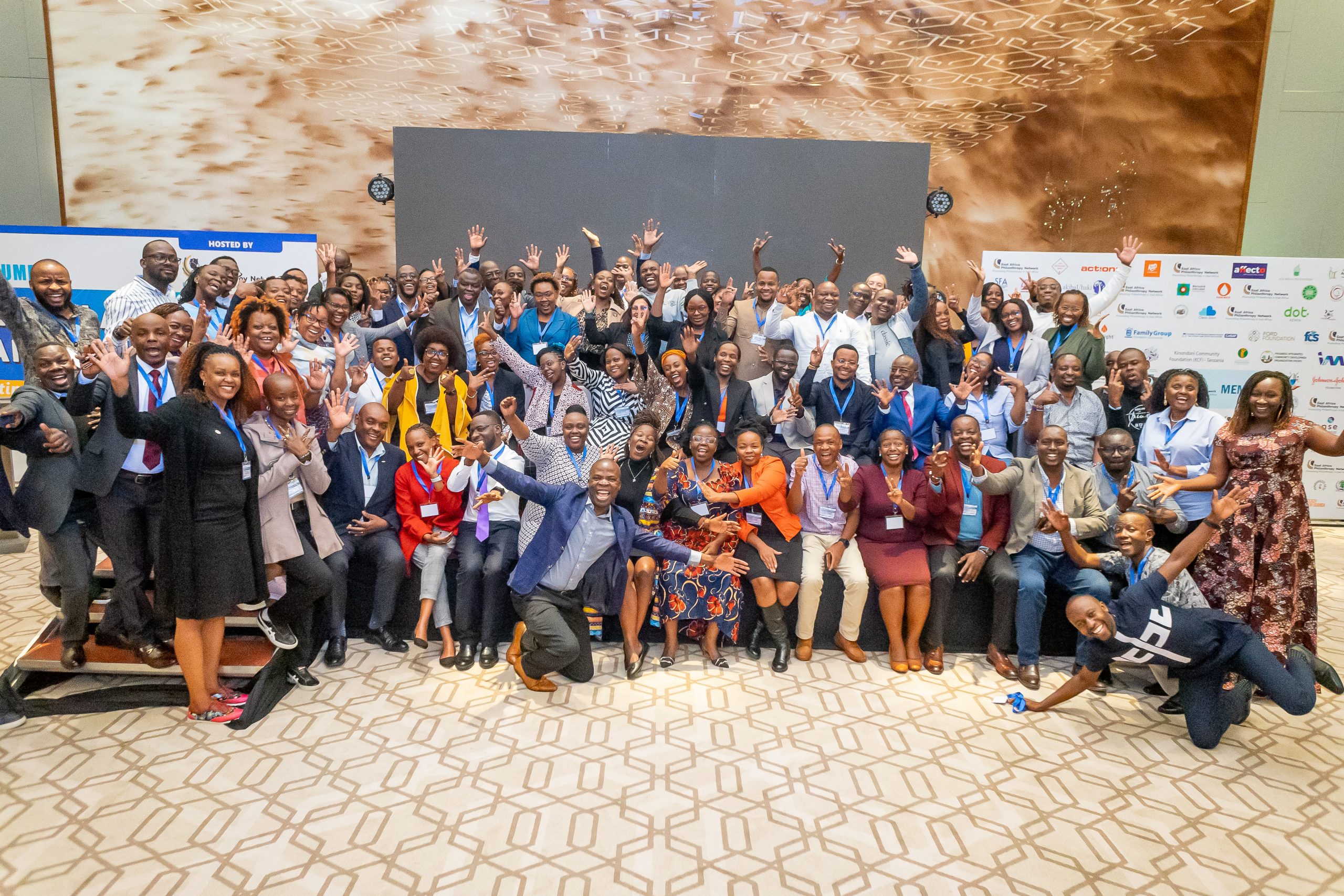Press Statement Stop Parliament Giving Oil to an Individual
- Uganda has been in the process of making laws for the governance of the petroleum sector. As you may recall the governance of the sector has been dogged by lack of information, breeding mistrust and general discontent among the public and parliament and this led to resolutions in October 2011 to make laws that will promote transparency in the sector enabling the country avoid resource based conflicts and problems related to the oil curse.
- Parliament has been debating these laws. However, the most contentious issue in the Petroleum Exploration Development and Production Bill, 2012 is the excessive powers it gives the minister. Clause 9 provides for the Functions of the Minister to include;
- granting and revoking licences;
- initiating, developing and implementing oil and gas policy;
- submitting draft legislation to Parliament;
- issuing petroleum Regulations;
- negotiating and endorsing petroleum agreements;
- approving field development plans;
- promoting and sustaining transparency in the petroleum sector;
- approving data management systems; and
- any other function incidental or consequential to his or her functions.
In essence, the Bill seeks to entrust the entire management of the sector to the office of the Minister responsible for petroleum.
- In the last couple of weeks Members of Parliament, have been debating the Bill and had amended the above clause 9 apportioning the functions relating to licensing, negotiating agreements and approving field development plans/ data management systems to the Petroleum Authority. This is because these are technical functions that should be done by persons qualified in the field. This will also ensure that there is accountability and transparency in the sector.
- Further, the House provided that the Minister will be empowered to have a final say by issuing a certificate of approval of any decision made by the Petroleum Authority as a mechanism, not only, to ensure participation of the Executive arm of government but also allow adequate checks and balances in the management of the sector. In addition, clause 14 provides for the Minister to give directives to the Authority. Also clause 54 provides for direct applications for exploration licenses under special circumstances.
- Unfortunately, in a twist of events, a motion was moved by members of the Executive on Thursday 22nd Nov. 2012 to recommit clause 9 that it may be passed into law in its original form as above. The argument is that the Parliament is trying to legislate the Executive out of the sector. The Speaker gave notice that this clause be voted on on Tuesday 27th November (tomorrow). The danger of this is that;
The vesting of control of the whole sector in an individual who is a presidential (political) appointee is in essence handing over of power to the sitting president to manage the petroleum resource as he or she fancies.
An individual can easily be compromised to make decisions in favour of one company or the other exposing the sector to the evils of corruption, bribery and financial mismanagement.
Parliamentary approval of the processes of the sector is completely removed and this exclusion of the peoples’ representatives means weakened checks and balances. - We therefore call on members of parliament not to back down and stand for transparency and accountability in the sector, by not giving excessive powers to the minister. Already, since the discovery of commercial quantities of petroleum, the people of Uganda have lost millions of dollars of tax money that should have been paid by oil companies at one point or the other because the goings on of the sector were shrouded in secrecy and were the preserve of the Executive. This must not be allowed to be the status quo otherwise oil will be a curse instead of a blessing to Uganda. We also call on the citizens to call their MPs to vote for oil to become a blessing and not a curse.
For God and our country
Signed: ACODE, International Alert, AFIEGO, NAPE, Global Rights Alert, Water Governance Institute, ACCU, CSCO, NGO FORUM, OILWATCH NETWORK and Publish What You Pay-Uganda.



